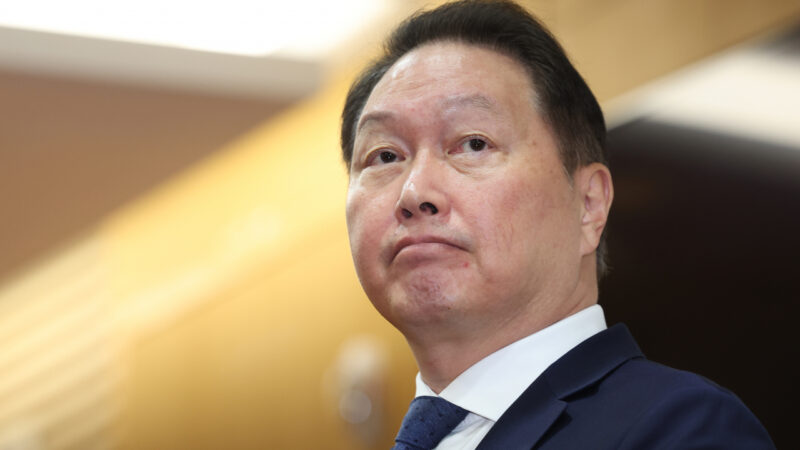Asian Markets Crash: Worst Drop in Decades After Trump’s Tariffs Shake Global Economy

Historic Market Meltdown Across Asia
Asian stock markets experienced a dramatic collapse on Monday, with some indexes suffering their steepest single-day declines in decades. The plunge followed U.S. President Donald Trump’s sweeping announcement of new tariffs ranging from 10% to 54% on imports from most countries, triggering fears of a global trade war and economic slowdown.
Markets across the Asia-Pacific region were slammed. Hong Kong’s Hang Seng Index plummeted 13.2%—its worst fall since 2008—while Japan’s Nikkei 225 dropped 7.8% and China’s Shanghai Composite fell 7.3%. The Taiwan Weighted Index nosedived 9.7%, marking its largest single-day drop on record.
“This is a bloodbath,” one analyst told the BBC, capturing the market’s panic as investors rushed to exit.
Fallout Spreads Beyond Asia
The shockwaves extended beyond Asia. European markets opened sharply lower, particularly in the banking and defense sectors. Global equities had already been battered in the previous week following Trump’s initial announcement of tariffs between 10% and 46%.
Australia’s ASX 200 fell 4.2%, while South Korea’s Kospi shed 5.6%. Countries like Singapore, New Zealand, and Australia are already dealing with baseline 10% tariffs, while others brace for steeper levies.
Tariffs Target Asia’s Export Giants
The new tariffs have delivered a major blow to Asia’s manufacturing hubs, which rely heavily on U.S. demand. Wealthy U.S. allies like Japan and South Korea face 26% tariffs, while developing nations such as Vietnam (46%), Cambodia (49%), Thailand (36%), and China (54%) are among the hardest hit.
Trump labeled Vietnam “one of the worst offenders” during his tariff rollout. Singapore, Australia, and New Zealand were not spared either, with a blanket 10% duty already in effect.
Qian Wang, chief economist for the Asia Pacific at Vanguard, noted, “Asia is bearing the brunt of the US tariff hike. While there could be some room for negotiation, a new regime of higher tariffs is here to stay.”
Trade War Fears Fuel Recession Concerns
Analysts warn that Asia’s close trade ties with the U.S. make the region especially vulnerable. A slowdown or recession in the U.S.—the world’s largest economy—could severely weaken demand for Asian exports.
Public holidays last week had shielded mainland China, Hong Kong, and Taiwan from the earlier declines seen globally. But when markets reopened on Monday, they caught up with the carnage.
Global investors are now bracing for prolonged volatility. Julia Lee, head of client coverage at FTSE Russell, remarked, “Tariffs are feeding into expectations around inflation and a recession.”
Recession Odds Climb Sharply
Goldman Sachs has revised the probability of a U.S. recession within the next year to 45%, up from 35%, citing weakening growth prospects. JPMorgan has gone further, predicting a 60% likelihood of both a U.S. and global downturn due to the escalating tariff tensions.
“This is negative to the global and Asia economy, especially those small open economies, both in the short term and long term,” one economist observed.
Countries like Vietnam and Bangladesh, heavily reliant on U.S. exports, are facing severe consequences. Bangladesh exports $8.4 billion worth of garments to the U.S. annually—now subject to a 37% tariff under Trump’s latest trade measures.
Several major American brands, including Nike and Gap, manufacture goods in Vietnam, highlighting the far-reaching impact on global supply chains.
China Hits Back: A New Trade War Era Begins
China, Asia’s largest economy, retaliated swiftly with its own tariffs, deepening the global market selloff that began Friday. All three major U.S. stock indexes fell more than 5% that day. The S&P 500 dropped nearly 6%, marking the worst week for American equities since the pandemic-triggered crash of 2020.
The UK’s FTSE 100 shed nearly 5%, its steepest decline in five years. Stock exchanges in Germany and France also recorded sharp losses.
Lee added, “US futures trading lower point to another hard session on Wall Street tonight,” hinting at further market instability in the days to come.
Trillions in Value Wiped Out
Since the tariff announcement, global markets have lost trillions in value. Trump’s sweeping 10% import tax on goods from every country—paired with much higher tariffs on dozens of nations—has sparked fears of long-term damage to the world’s trading system.
Economist Frank Lavin, former U.S. Undersecretary for International Trade, summed it up: “Asia is likely to feel a disproportionate brunt of this turmoil because Asia sends more exports to the U.S. than to other markets.”
As the world absorbs the shock of these abrupt changes, uncertainty looms over what comes next—for markets, trade relationships, and economic stability.






